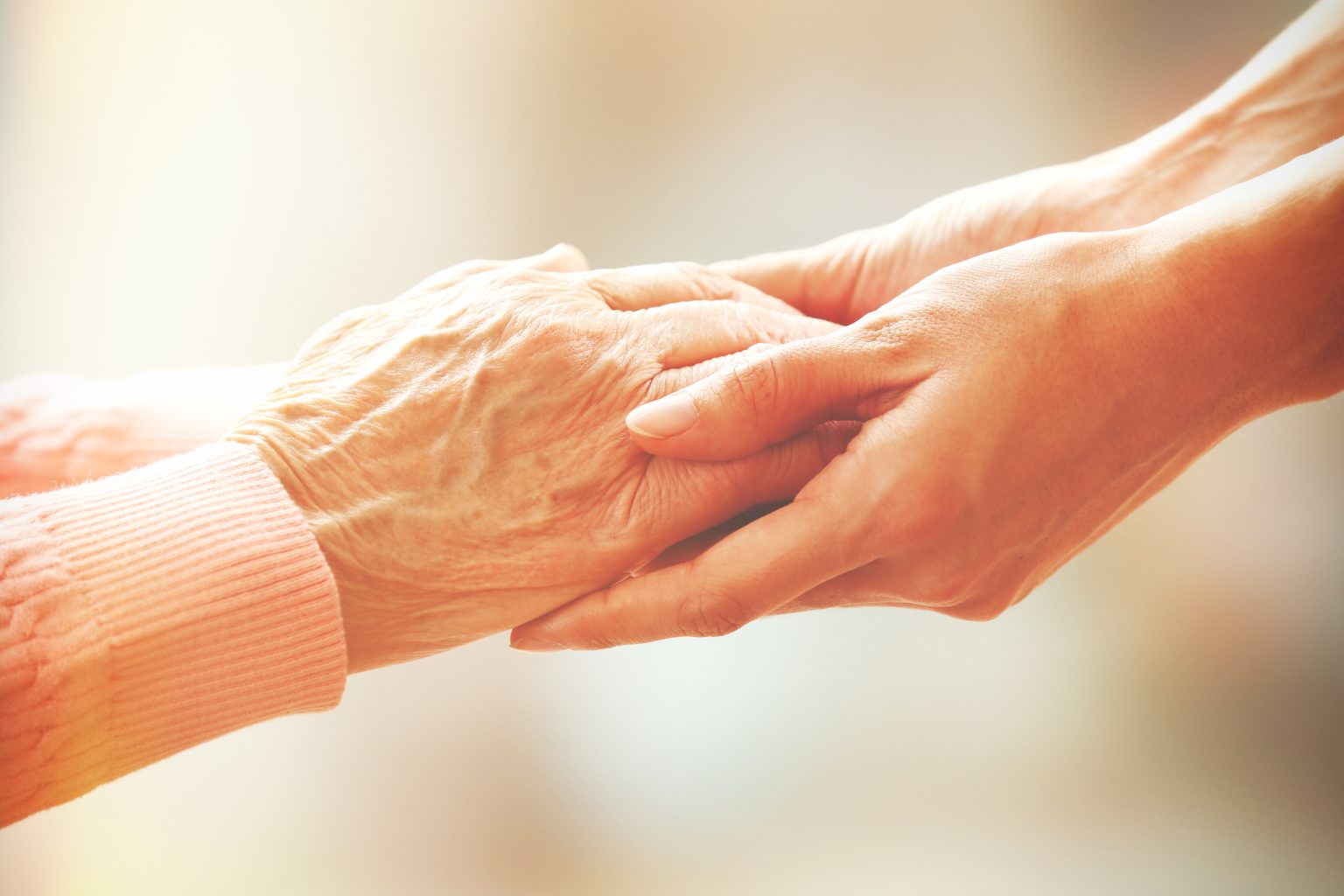Death and mourning on Jewish holidays

Mourning practices in Judaism are important yet comprehensive, and knowing exactly how to follow mourning rituals during holidays and festivals can be confusing. Because preparation for funerals and mourning occurs very quickly in the Jewish faith, providing these basic guidelines can give you a better understanding of how to deal with death and mourning when it falls on a Jewish holiday.
Mourning practices in Judaism are important yet comprehensive, and knowing exactly how to follow mourning rituals during holidays and festivals can be confusing. Because preparation for funerals and mourning occurs very quickly in the Jewish faith, providing these basic guidelines can give you a better understanding of how to deal with death and mourning when it falls on a Jewish holiday.
Death and funerals during Jewish holidays
A funeral should take place as soon as possible after the death Jewish traditionusually no later than 24 hours after death. However, if the death occurs on or during a Jewish holiday, the rules change. Funerals generally do not take place on the holidays of Passover, Shavuot, Sukkot, the first/second/last day of other holidays, or Rosh Hashanah or Yom Kippur – funerals take place after these holidays.
Shiva during a holiday
The presence of a holiday also affects the mourning process, including Shiva. The seven-day Jewish mourning period, Shiva, begins immediately after the funeral and ends on the seventh day. This applies even if a death occurs just before a holiday, but the observance of Shiva is completed at the start of the holiday, regardless of how much time was dedicated to Shiva. If a death or funeral occurs during a holiday, the shiva begins at sunset after the holiday ends. For example, if the funeral took place on a Wednesday, the last day of Shiva will be the following Tuesday. If a Jewish holiday falls within these seven days, Shiva ends the afternoon immediately before the holiday celebrations. In this situation, it is acknowledged that you have grieved for seven days, even if the grieving period has been shortened.
It is possible for a death to occur on or just before a holiday without the mourner knowing about it. In this case, Shiva begins only after the conclusion of the holiday.
Shabbat
If a death occurs on Shabbat, the funeral takes place the next day. Mourning is not allowed on Shabbat, nor is the funeral allowed to take place on Shabbat, but the day of Shabbat counts as one of the seven days of Shiva. The Sabbath, which falls during the Shiva period, is one of the seven Shiva days, but is not officially observed as a day of mourning. When Shabbat falls during shiva, one does not mourn publicly. All external rituals that are performed – the external signs of mourning, such as covering mirrors, sitting low – are suspended because the joy of Shabbat surpasses even public mourning. On Shabbat, people who sit shiva grieve internally – privately, in their hearts. The Shiva continues on Saturday evening.
While this overview may serve to provide general information regarding funeral arrangements, it is always best to consult your rabbi and funeral director to provide you with the best possible advice regarding funeral arrangements and shiva. Don’t hesitate to contact us Jerusalem Memorial Chapels Funeral Director and Founding Partner, Adam Novak, (24/7) by phone/text at (516) 418-7000 or email at [email protected] if you have questions about death, grief and the holidays







